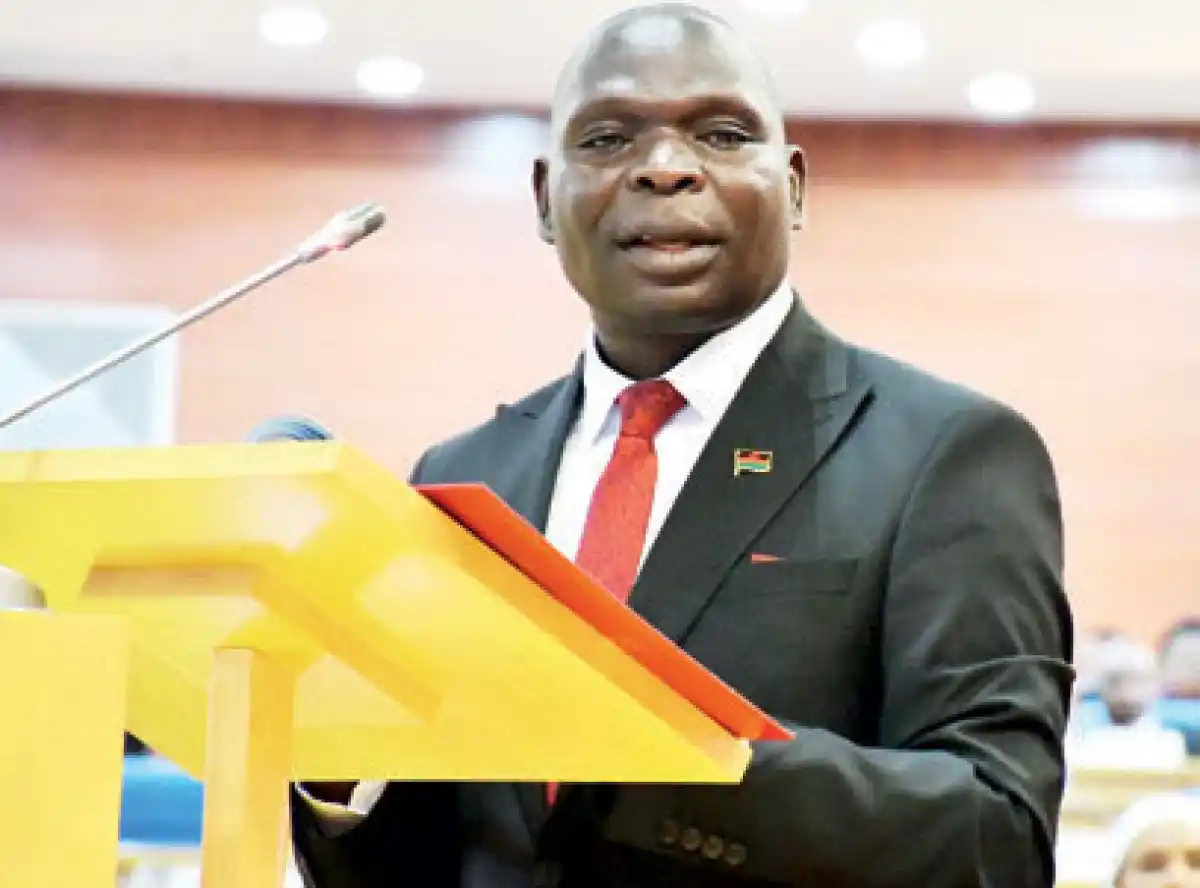
By Kingsley Jassi:
A presentation by the Economics Association of Malawi (Ecama), made during a budget consultation meeting in Lilongwe on Monday, indicates that around K1 trillion worth of resources leaks through a flawed procurement system and fraudulent processes in the public service.

During the presentation, Ecama president Bertha Bangara-Chikadza called on Ministry of Finance to ensure the full implementation of the Integrated Financial Management and Information System (Ifmis) as one control measure to seal the gaps in the public procurement system amid constrained fiscal space.
“Perhaps it is high time Ifmis was activated to its full capacity, with every ministry, department or government agency connected. This could enable proper tracking so that when resources are utilised, someone can audit how they were used,” Chikadza said.
The presentation identified the ministries of Education, Health and Agriculture as having high rates of resource leakages, which require the Finance Minister’s attention.
On revenue mobilisation, the Ecama president called for an expansion of revenue efforts to capture the informal sector into the tax net, drawing lessons from neighbouring Zambia.
“We are borrowing heavily domestically because we are not able to collect enough in terms of taxes. Perhaps it is time we started taxing those in the informal sector, which is substantial, rather than focusing only on the few in the formal sector,” she said.
Meanwhile, Finance Minister Simplex Chithyola Banda, who avoided providing comprehensive responses to the contributions, disclosed that talks are ongoing with the International Monetary Fund to release the second tranche of the $175 million Extended Credit Facility to support the implementation of the 2025-26 national budget.
The minister admitted that current economic adversities have affected budget implementation, as fiscal space is being narrowed by high debt servicing costs, alongside high inflation and foreign exchange shortages, which have also impacted industry, thus limiting revenue collection.
However, the minister hinted at a slowdown in borrowing in the next budget as a debt sustainability measure, which is expected to help reduce the high debt levels currently hovering around 85 percent of GDP.
“The government plans to implement the upcoming budget using available revenue from taxes and other sources, rather than relying on borrowing,” Chithyola Banda said.
During the meeting, there were calls to widen the tax net as a revenue mobilisation strategy amid revenue constraints, with some contributors suggesting the inclusion of the informal sector, carbon credits and investment in potential sectors such as mining and tourism, while transforming agriculture into a fully commercial and mechanised industry.








0 Comments